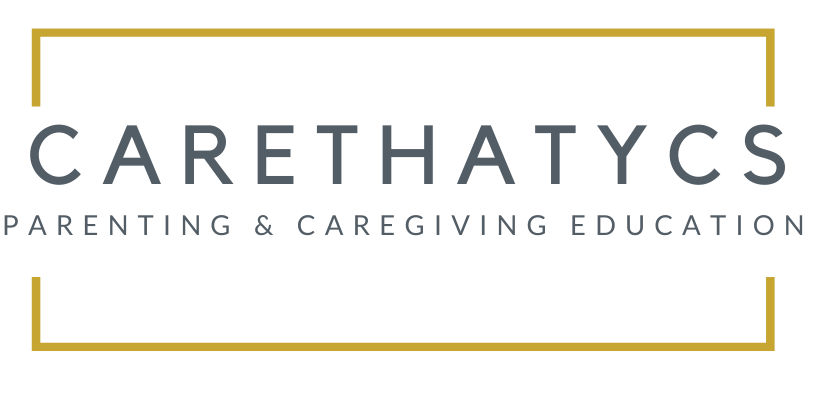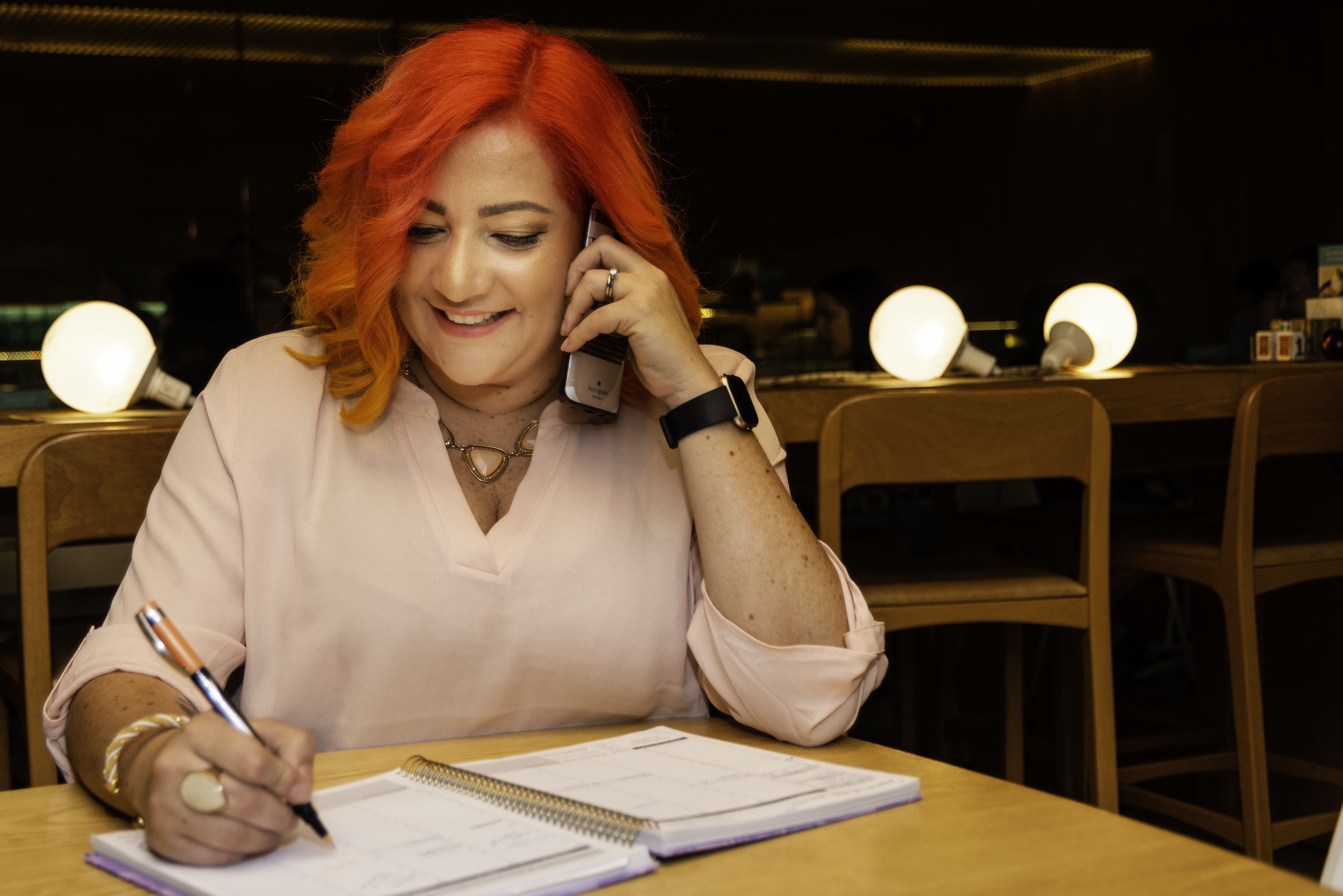Babies have great ease of learning. Even when a few days old, they already use their motor, cognitive, and sensory skills to communicate with people. Through these skills and the actions they manage to do until then, they understand and identify things around them. Thus, developing cognition and their ability to socialize.
The first stage of learning, when we are still a baby, is through “classical conditioning.” That is, with an established routine, your little one is stimulated to perform an action and gets a response from the action performed. In this way habits and routines are created, associating that after a certain activity, it will result or do another.
Other types of conditioning of baby’s learning
Operant conditioning: babies also learn through reflexes, an example is suction. It is reinforcement-based learning when the baby sucks the mother’s breast they get milk – this is positive reinforcement.
Schematic learning: according to Piaget’s theory, the baby analyzes their experiences and relating things and organizing them. They recognize a situation – the mother’s voice or the father’s way of play.
Learning becomes the habit, meaning, the baby tends not to respond automatically after a stimulus is repeated hundreds of times, because it becomes part of everyday life, causing no reaction.
Child learning according to Piaget
Many studies claim that the main function of intelligence is to help people to live well in the place where they live and to have healthy social relationships. According to Piaget, our cognitive development is associated with monitoring the most complex responses. It is through this that we begin to have more insights, adapt to the world and what we are discovering again.
Adaptability is developed and worked according to your habits, behaviors, and reflexes. Along with the knowledge and maturity that we gain throughout life, people are changing, evolving their thinking, behaviors, and developing “common sense”. From this perception, Piaget began his studies on the development of knowledge, how we grew intellectually, and what are the stages of learning. He divided learning into four stages of the child’s life, based on learning assimilation and accommodation.
1. Sensorimotor stage
This first stage is from birth to two years of age. Because the child does not yet have the autonomy, learning evolves from reflexes to pleasurable actions. In this phase, the child begins to have more perception of themselves and the world around them, they have a pre-logic to sort and classify objects, fitting a smaller item into the larger one. Explore – and observe – games during playtime with this purpose.
2. Preoperational stage
From 2 to 7 years old, at this stage, they already have a certain command of language and start to recognize the world through its symbols. Their behavior change, changing the immediacy of the sensorimotor stage to the need to adapt to the universe in which they live. The ego becomes more evident, everything revolves around them. The child expresses themselves more, practicing all the vocabulary they learned in previous years. This is also when animism appears, which are the feelings passed on to animals or inanimate objects.
3. Concrete operational stage
This phase takes place from 7 to 12 years old, when the child begins to have more knowledge that allows them to dialogue with older people. At this stage, they also discover that they aren’t the center of the world – laughs -. They realize the fact that there are people with perceptions, visions, and feelings different from theirs. It is a phase of discovery that allows them to change their mind and start to be more tolerable.
4. Formal operational stage
Finally, the last stage starts at 12 years old and goes on to adult life. At this stage, the skills for dealing with abstractions and the thought construction of self are developed. This is also when one starts thinking about hypotheses and deduction, in addition to the ability to solve problems and systematic thinking. Since the language is already well developed, they are now able to have logical debates and to draw conclusions. It is the stage in which intelligence gains maturity, the individual is conscious about their own thoughts, morals and values, thus being increasingly aware of such thoughts and actions, and how they affect the whole.
For Piaget, development is done through a successive balancing process that guides our actions and thoughts in relation to the most complex hypotheses.
Learning according to Vygotsky
Unlike Piaget, Vygotsky does not believe that learning happens through reflexes, because reflexes are only elementary functions. For him, the greatest differential of humans in relation to animals is precisely the development of learning, such as awareness and discernment. However, a child is biologically able to speak but only develops this ability if they can learn with the help of the people they live within their environment or community.
Vygotsky, too, defends mediation, in which the individual’s relationship with the world is through technical tools such as language, carrying the cultural elements of a given population. His concept of Zone of Proximal Development (known as ZPD), states that the child has two types of development: a one within, that they already perform a certain activity alone, is already acquired. And one that has the potential to develop a certain skill, but needs the help of an adult.
The teacher, parent, or caregiver’s role is to identify that potential and help develop it along with the child. This emphasizes the importance of having someone qualified not only to help to develop skills properly but to know where the ZPD lays. This way, helping the child to acquire and develop knowledge that could not be acquired by themselves. Challenging them to learn and develop more, increasing the child’s cognitive functions.
[marquei em negrito pq essa frase eh muuuuuitooo imporante e seria otimo ter graficos dela! Mas pode tirar qdo postar]
Vygotsky tells us that we are social beings and we learn through interaction and that’s why during the early years and the beginning of our school life, the main objective is coexistence, socioemotional and routine creation in the child’s life. Developing these skills as a foundation will allow them to be able to acquire and retain further knowledge in the future.

